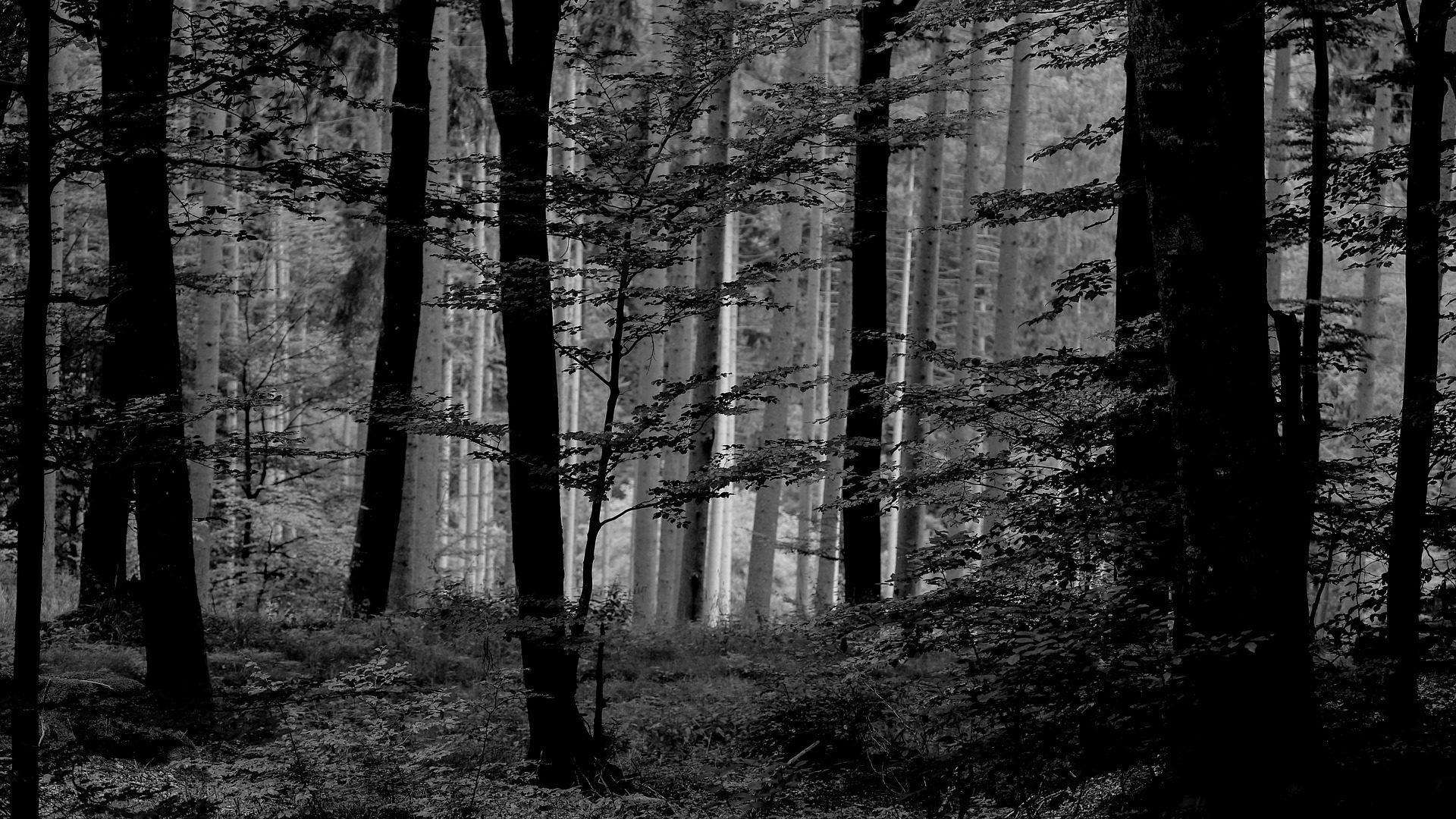Reading 2: Long Live The Web
Long Live The Web – Tim Berners-Lee
In this reading, the author discusses both the benefits and “ill effects” of the online Web as to how it affects the general public and society. The beneficial effects I experienced from the web is easily communicating with my friends and family, and seeing their life as they post on social media. The creation of social media itself has allowed me to keep in contact with everyone I know, even when we have drifted apart. It holds incredibly true as I am now in Shanghai, and can keep in touch with my family and friends back in California, as well as my other relatives in Vietnam. The ill effects I experienced from the web include having my personal Instagram posts shown in google images once my name is searched up. Everything posted on any type of social media will last on the internet forever and is never permanently deleted. Although social media can be a good thing with keeping people connected, it also has its faults with data leaking of personal information, as well as ease of access to strangers.
Universality & Isolation
Universality can also be defined as ease of access and dispersing information to the public; it allows for anything posted on the internet to work no matter what type of platform they use. Isolation is when certain information does not have anything to be identified with outside of its own website; it cannot be accessed by the entire online platform and community. In essence, universality is when information posted on the internet can be easily accessed by any individual, while isolation is when some information is kept private and cannot be accessed by the public online. For example, universality would be any sites such as Wikipedia where you search up an influential or significant person and all of their information such as biography and achievements pop up. Isolation can be expressed through a website like Quizlet where certain study sets cannot be accessed by the general public unless you are the person who made it.
Open Standards & Closed Worlds
Open standards represent sites and information that have already been approved by experts and are set free and available to anyone with access to the web. Closed worlds are things on the web that you must either subscribe to, pay for, input information, or download applications in order to access what they have to offer. An example of open standards would be Youtube, where you can access billions of videos relating to anything you want to view. Youtube can be accessed through the main web and while you can download the app or sign in, you don’t necessarily need to. An example of closed worlds would be Netflix, where you must pay in order to watch movies and tv shows.
The Web & The Internet
The web is basically part of the internet which runs as an application. Whereas the internet is the wider platform of an electronic network that can be accessed through any technological device. Essentially, the internet is what the entirety of the online world is, while the web are smaller applications that are inside of the internet. An example of the web are things like social media, government and educational websites, and anything that possesses a url.
“The Web in the Future”
Open data is still present in today’s web as people are able to easily access certain data and information on just about any topic such as the weather, covid-19 cases, political elections, and much more. Social machines are also functioning in current society as many media apps like Yelp in America allow people to post reviews of food restaurants, bars, cafes & bakeries, etc. Web science is basically the understanding of how the internet functions and how it impacts individuals in everyday life. Web science is often expressed through articles or posts warning people, especially the younger generation about the dangers of the internet and the potential harms it causes such as influencing kids to grow up too fast, become self-conscious of their body image from the “ideal” standards they see online, and many more. It is more of an educational aspect as it warns of the dangers of being on social media for too long; it also educates society on how their personal data is being sold off to corporations for profit and more. Free bandwidth is an issue that society has been trying to universally spread over the years as there are numerous projects of bringing the internet to less fortunate areas for education.
Overall, this reading was quite interesting as it was written in 2010, yet still prevails in today’s society where the internet has become much more accessible and widespread to everyone. It is incredibly relevant to society today as nearly everything is on the internet, and people are often looking at their technological devices rather than sitting down and reading a book.
